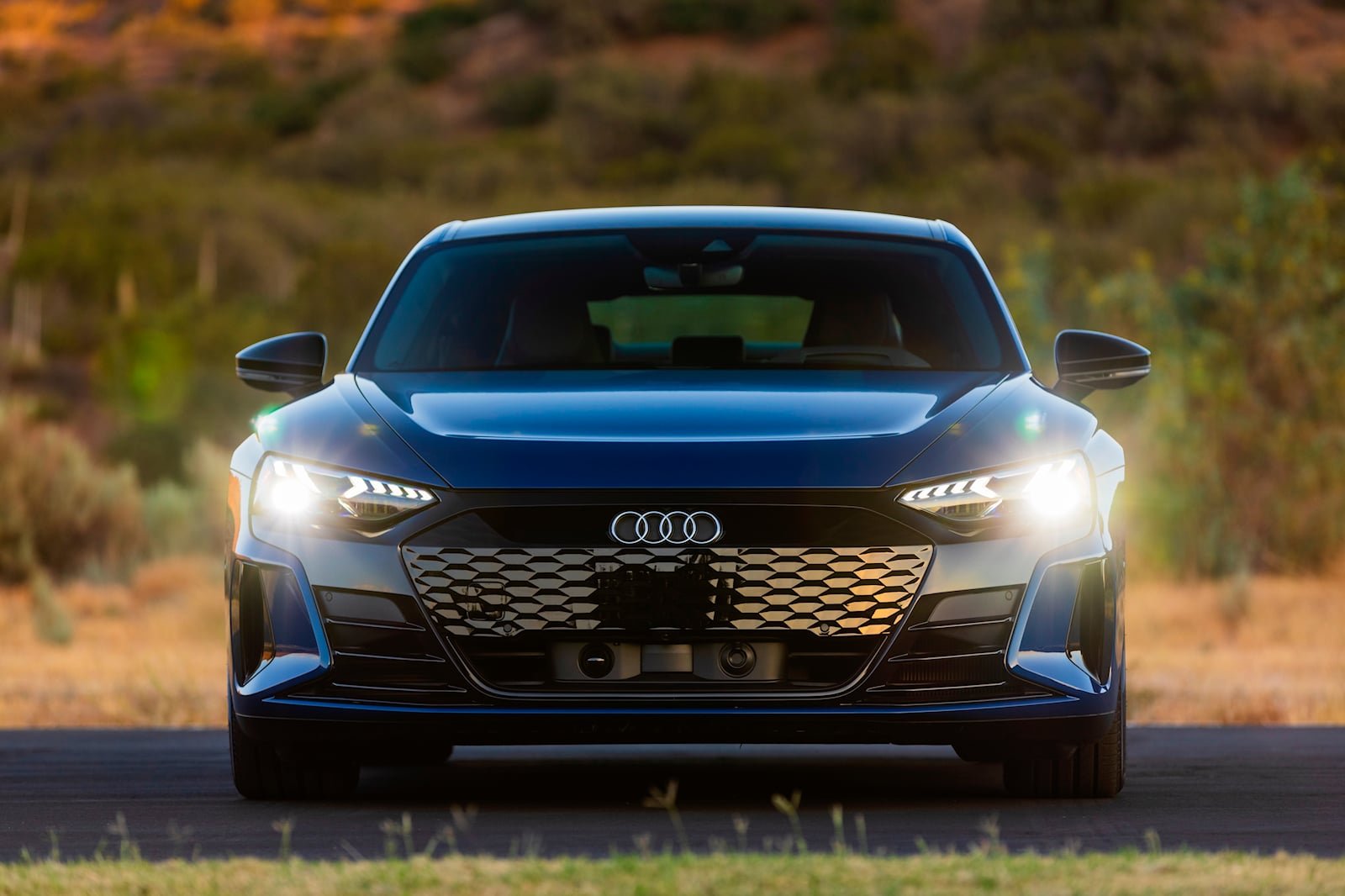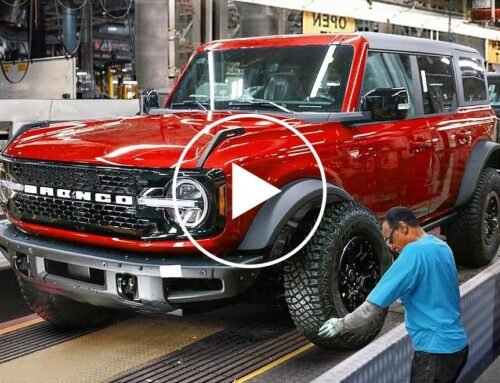But not all automakers can scale at the rate that Audi may. Not all automakers face the same challenges either.
Electric vehicles are increasing in popularity, but there’s a long way before everyone’s ready to change, as personal opinions, politics, and miscommunication frequently cloud the conversation. Audi believes the days of the internal combustion engine are numbered and is prepared to put its full might behind the transition to EVs. At a recent summit, company CEO Markus Duesmann said Europeans should be ready to give up fossil fuels by 2040. His automaker is well on its way with vehicles like the e-tron GT and its SUV sibling of the same name. In addition, Audi has already committed to giving up developing new gas engines.
“Let’s be courageous as Europeans and take it upon ourselves to give up on fossil fuels completely from 2040,” said the CEO. “We must put all our energy towards battery-electric vehicles for individual mobility.”
Duesmann believes German automakers need to go all-in on battery electric vehicles, partly due to the extreme costs required to build infrastructure and partly because he views other alternative fuels as somewhat problematic. “If we utilize green hydrogen as an energy carrier for our vehicles, that quantity will not be available for de-fossilization in outer areas, such as the steel industry.”
Audi’s far from alone in its push to electrification. Volkswagen, the automaker’s parent company, is on its way to an all-electric future with a promise to ditch ICE cars in Europe by 2035. Further commitments from Hyundai and Kia match VW’s dates, and Ford has promised to go electric on the continent by 2030.
Set for 2025, Euro 7 standards are expected to place stricter limits on greenhouse gas emissions. In addition to reducing pollution, the standards should make ICE cars more expensive and bring prices closer to parity between EVs and gas-powered vehicles.
Things are moving in the same direction here in the US, though progress is, and will continue to be, notably slower. Many automakers have committed to electrification within the decade, but lawmakers are far from agreeing on how to proceed. President Biden recently announced that he wants at least half of new vehicles to be EVs or PHEVs by 2030. Still, funding for infrastructure, international trade-related challenges, and rewriting legislation for the new world have made the shift to electrification slower than it needs to be.
In addition, BMW CEO Oliver Zipse feels that banning combustion engines is a bad idea for a number of reasons, the likes of Porsche and Bentley are developing clean synthetic fuels, and hydrogen still has a future. Whatever happens, the future of the automotive landscape will be just as diverse as the present.
 Audi
Audi
 Audi
Audi







